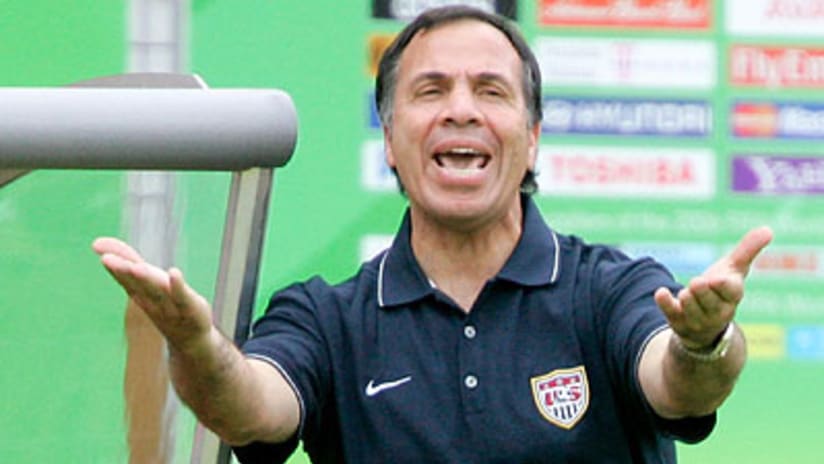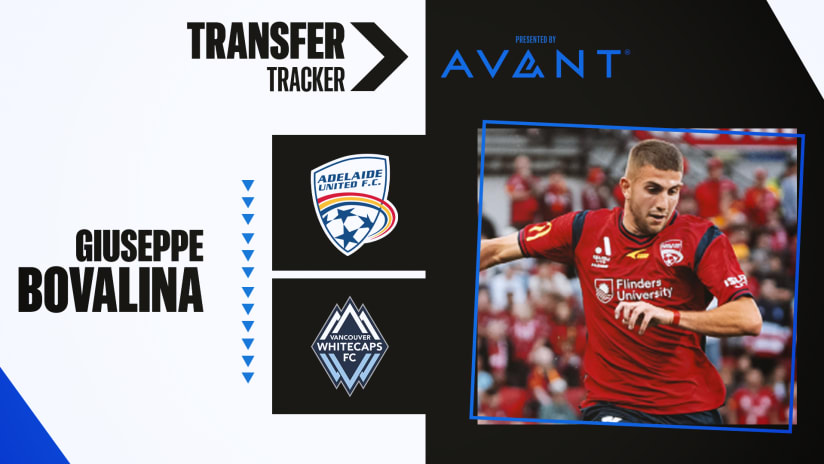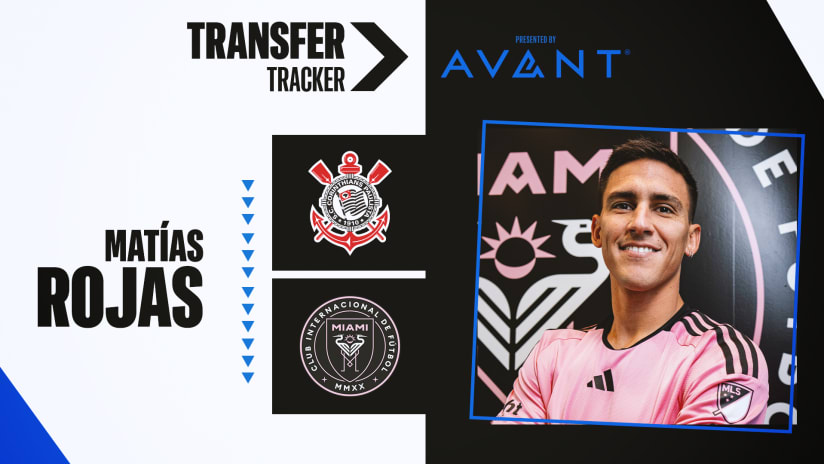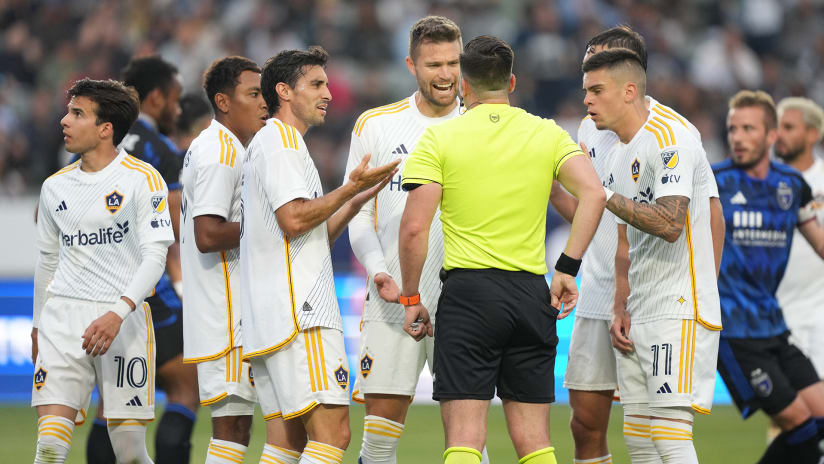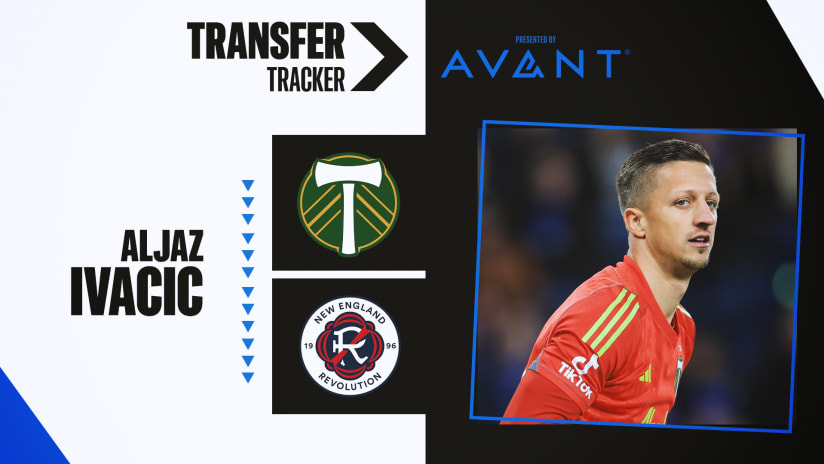As my World Cup excursion drew to a close, I couldn't help but look back at it in absolute awe. The opportunity to travel and work in Germany as an analyst for ESPN/ABC was an incredible experience. After being close to going as a player four times - and not ever making it - this was the next best thing possible.
I thoroughly enjoyed experiencing the World Cup fever that has taken Germany, and quite frankly, the rest of the world, by storm. I got to see so many people from different cultures come together, just to celebrate their mutual love of the game. The World Cup really is the biggest party in the world.
Though I didn't get a chance to see the U.S. play live, I watched all of their games with as much anticipation as any other American fan. I feel as though the record needs to be set straight regarding the U.S. performance.
People are so quick to judge and usually from a position of ignorance. Yes, they didn't qualify for the second round. Yes, they didn't look all that good against the Czech Republic. Correct, they did not get as far as in the last World Cup.
These are all facts, but I am not about to dispute the facts.
What I will dispute are the comments that I have already heard.
"The U.S. is crap."
"I thought Landon Donovan was supposed to be good."
"What about Bruce Arena? I thought he was a great coach?"
The U.S. is not crap. Landon is a great player, but is still maturing. And Bruce is the best coach the U.S. has ever had.
Why then the results?
They were in a group with three VERY good teams. Before the tournament started, Ghana was supposed to be the team that we were going to get points from. People said that without knowing anything about them.
There is one thing we know about them now - they are good! The Czech Republic is good. The Italians are good, and we outplayed them at times a man down. Our team did not play their best in the first game, but played with great commitment in the other two games. They simply ran into very good teams. If they were in another group, it is likely that they would still be playing.
It is so easy to sit back in our armchairs and hurl criticism at our national team from thousands of miles away. Unless you have played in an international game, you have no idea what it is like. The U.S. team is loaded with very good players, the best this country has to offer, and they have an extremely harrowing task every time they step into a World Cup.
As we get better as a country, the level of expectations rises.
It is easy to sit around and complain about Jan Kohler, the gigantic Czech forward, getting the header in the opening game. But unless you have tried to mark a 6-5, talented and successful forward in one of the biggest games of your life, you have no room to criticize.
If you have had a goal-scoring opportunity in front of a sold-out stadium with 1 billion plus watching, then you might have an argument to make if that opportunity is squandered. My point is, we can be critical because that is our nature, but bear in mind that you don't really know how you would react in a similar situation. I know that they are professionals,and that as paid players we should expect them to execute every time.
Well, they are humans also, and inherently will err.
The last thing that was evident to me being in Germany, was this: we still have a long way to go to produce the type of players that are being produced in some of the dominant soccer countries of the world. The difference between the comfort level of the Portuguese players on the ball is slightly different to the comfort level of the American players. The first touch of the Spanish players is just a little cleaner in tight spaces. The shooting ability of the Argentines or the Czechs is just a touch more consistently accurate than that of the average American player.
We are able to compete with these teams because, under Bruce Arena, our team has been able to play as a team. A well-organized team is so much stronger than its individuals. We are so organized that we rely on good defending to get counterattacking possibilities. Our technical ability is not yet good enough to allow us to pick teams apart with the consistency we see out of the best teams in the world. Our kids don't watch soccer, much less eat, sleep and drink it like they do in other countries. Because the sport is not as passionately followed here (yet), our kids start at a disadvantage in comparison with other countries.
Being at this World Cup just confirmed some of my thoughts about deficiencies in American players and validated why I chose a youth soccer coaching and management career as an opportunity to make a difference in soccer in America. Ten years from now, MLS will be 20 years old - a full generation - and hopefully will have developed the ability for the U.S. to have not just a great team, but players that can compete with many of the best in the world.
Robin Fraser, a five-time MLS Best XI selection and two-time MLS Defender of the Year, ended his 10-year MLS career and 16-year professional career last October, and now begins his first season with RSL as the team's color television analyst. Born in Kingston, Jamaica, Fraser amassed 27 caps for the U.S. National Team and was drafted fourth overall by the Los Angeles Galaxy in the inaugural MLS draft.
Comments? E-mail Robin and the entire RSL broadcast crew at fun@realsaltlake.com, and your e-mail could be featured in the Computech "Fan Feedback" feature on all RSL on KSL and FSN Utah broadcasts, as well as on KALL 700 AM.

